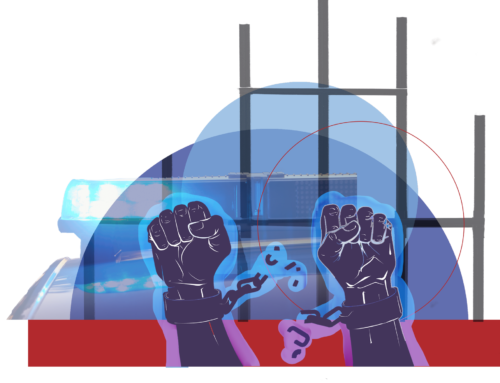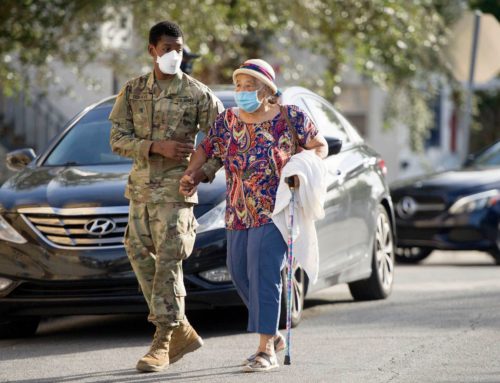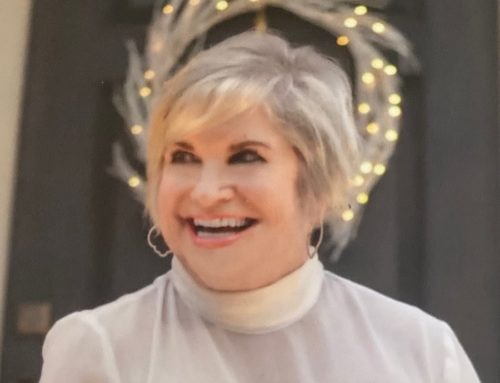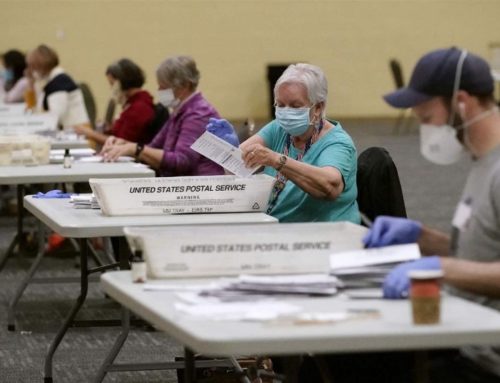Our nation was founded upon the idea that diversity is our strength. Racial reconciliation will help us live up to our ideals.
This can’t be America.
It was a common refrain in response to last year’s torch light rallies, protests and the subsequent murder of Heather Heyer by white supremacists in Charlottesville. High profile events have a tendency to shock the consciousness of our country.
The unfortunate truth for all of us is that it was and is America. But then we move on.
Too many have dismissed actions as coming from a small group at the fringes of our society. They say, “Well, that’s those people down south.” “It’s not happening in my city.” “We elected the first black president.”
Ignoring racism allows it to grow
But it’s that kind of head-in-the-sand, benign denial of our challenges that allows racism and hate to grow in the first place.
Since Charlottesville, we’ve seen flare ups around the issues of race and identity weekly, from racially-motivated attacks on black athletes to intense police-community protests to the inhumane separation of families based solely on their nationality.
And yet, we never get to the root of some of our most vexing challenges. For generations, race has been a topic always simmering in the background, ready to boil over because we’ve never dealt with it in the first place.
Throughout our nation’s history, we have allowed ourselves to be divided by anger, hate and fear. Race today is once again being used as a tool to divide us, to make us think we have less in common than we actually do.
Many in politics believe we should reject discussions about identity and eschew tough discussions about race.
I think there’s no better time in our nation’s history to confront the truth about race as a means to bringing people together. We can tackle our toughest challenges only when we face them. For generations, our diversity and multiculturalism have been seen as one of this nation’s great strengths. One of our nation’s mottos — “e pluribus unum,” which means “out of many, one” — is based on this very idea. These fundamental and central ideas — our freedoms, our diversity, our indivisibility — are being challenged and proclaimed as weaknesses by those in charge. They are wrong.
There is nowhere in this country where we have fully reckoned with our past or the issues of race and identity — Northeast, Southwest, Midwest, nor anywhere in between. Like most Southerners, I have a particular chip on my shoulder about the caricature of us as backwards, bumbling and racist. But I do believe, as Southerners, we have a special obligation to do more.
We must come together to say in word and deed that we are better together than we are apart. Communities will only thrive if they unite around a common purpose with shared responsibility and opportunity. That is what really makes America great, and today it’s more important than ever to hold fast to these values.
We need not fear the future
It is, of course, also true that the country’s racial profile is changing. The country is getting more diverse by the year. Rather than fear what is coming, I try to assure my white friends that African-Americans and Latinos will be far better to us than we have been to them. We just have to show people that we have more in common than not.
That’s why I am launching a new project, the E Pluribus Unum Fund, in partnership with the Emerson Collective, the organization founded and led by Laurene Powell Jobs. The E Pluribus Unum Fund will bring people together in cities and towns across the South to find common ground and solutions around the issues of race, equity, economic opportunity and violence, proving the American motto that “out of many, we are one.”
Over the next year, we will convene community leaders to listen and learn, and we will try to bring people of different races and backgrounds together around our shared values. If we are able to work through the discussion of race, we can then begin moving forward together on creating shared economic opportunity, reforming the criminal justice system, and reducing gun violence.
Only when we are able to bring people together and have truthful conversations about our past can we really chart a better path forward. Now is the time to restore the American ideal that diversity is a strength, that we all come to the table of democracy as equals. We must aspire to fulfill our Founding Fathers’ vision for a more perfect union, where all men and women are created equal. It is in this quest and search for truth that real patriotism is rooted and flourishes. True patriotism must be nourished every day. And, this must be our work.




